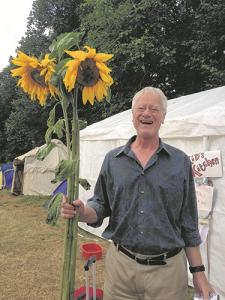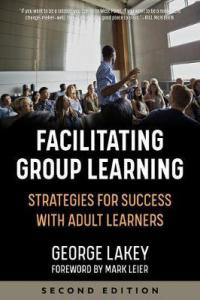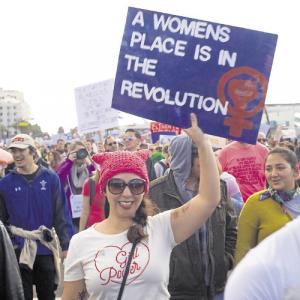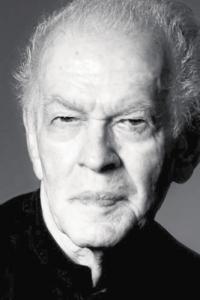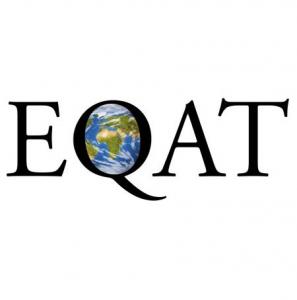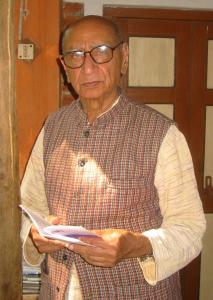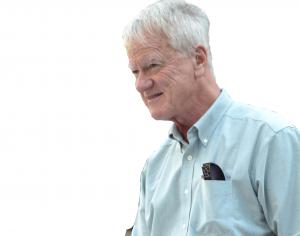Quaker activist and master storyteller George Lakey chose these two pieces of writing for PN to show how stories from the past can stimulate today’s strategies. The first piece is an extract from his new memoir, Dancing with History: A Life for Peace and Justice (Seven Stories, December 2022). The second account adds to a campaign history included in Dancing with History.
Our baby had a fever. She lay in bed crying, turning her head from side to side, trying…



